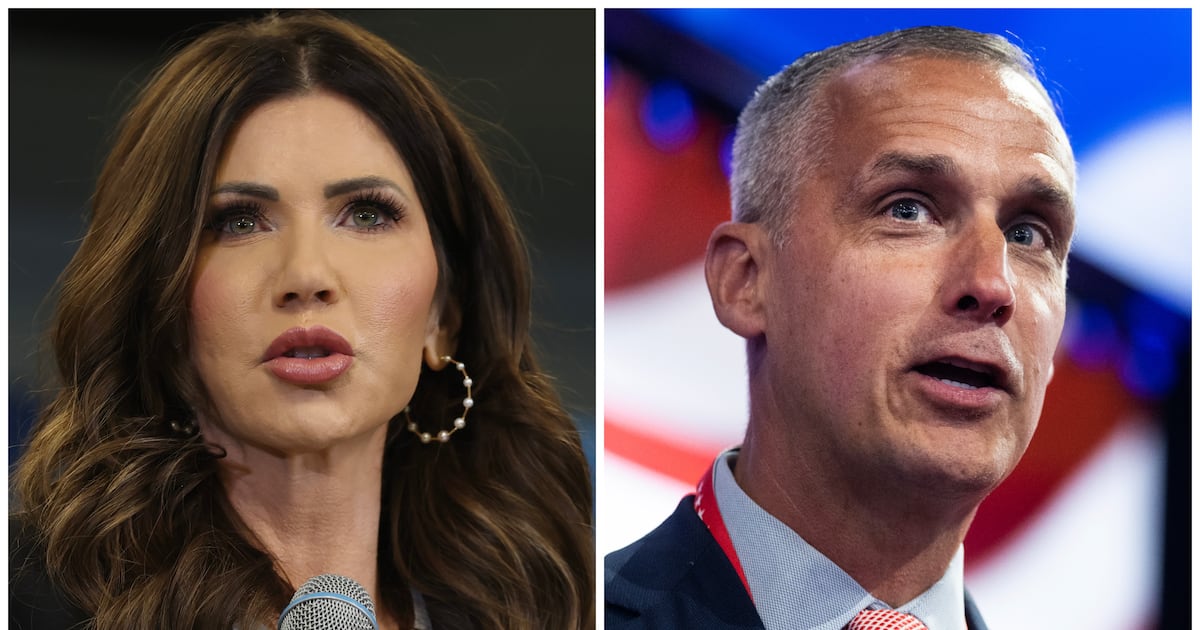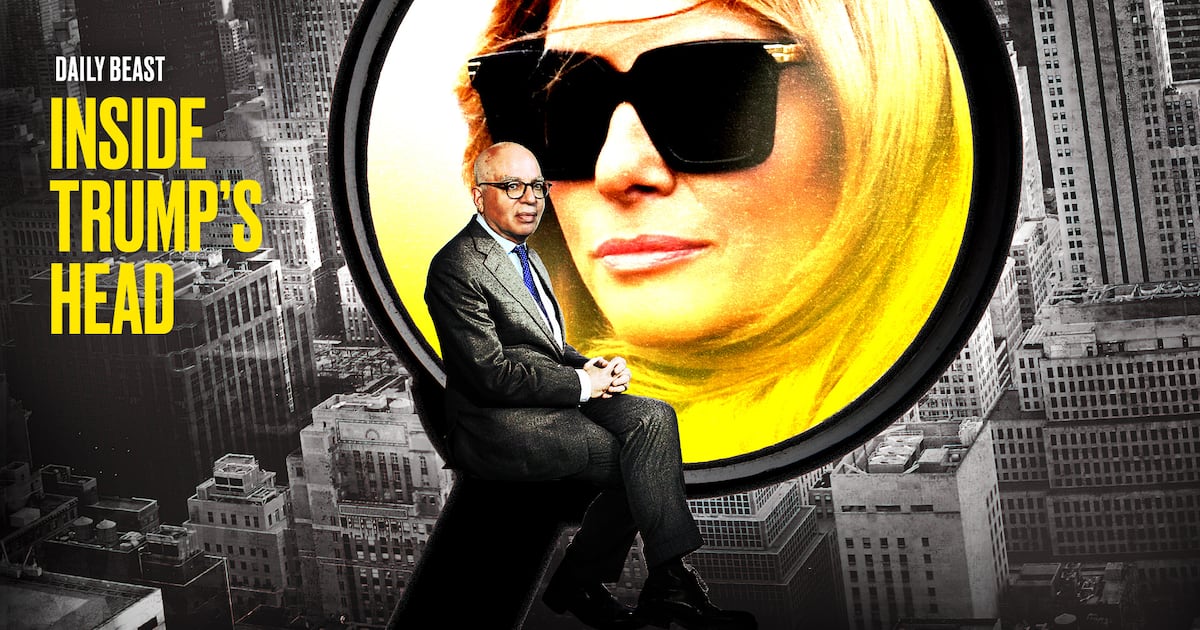Was it a murder or a suicide?
In other words, did Silicon Valley billionaire Peter Thiel savagely kill Gawker.com—or was its demise the inevitable result of a self-inflicted wound, namely the October 2012 decision to publish a grainy sex video featuring celebrity pro wrestler Hulk Hogan (real name: Terry Bollea), who won a $140.1 million judgment against Gawker last March in an invasion of privacy lawsuit secretly financed by Thiel?
That question and others will be up for debate as media mavens contemplate Thursday’s sudden death of Gawker.com, the often offensive and occasionally illuminating flagship news and gossip site of Gawker Media Group, as part of a $135 million sale of Nick Denton’s once-thriving digital media company to Univision.
A few hours after 49-year-old Denton announced to his staff that Gawker.com will cease publication next Monday after 14 years of controversy and buzz, a federal bankruptcy judge approved the transaction in which the company’s six other sites will become a subsidiary of the Hispanic-oriented multimedia powerhouse.
Under the terms of the sale, which is expected to be completed on Sept. 9 or shortly thereafter, 95 percent of Gawker Media’s current employees will be offered jobs at the new, as yet unnamed, company, and—according to Gawker Media president and general counsel Heather Dietrick—all of Gawker.com’s staffers will be absorbed into the various lifestyle, technology, games, automobile, sports, and women’s issues sites.
Had the winning bidder at Tuesday’s private auction been the digital publishing and game company Ziff Davis—which presented a $90 million “stalking bid” in June that set a floor for the auction—Denton would have remained as a consultant for two years.
But Ziff Davis effectively bid only $127.3 million ($131 million, minus a credit of $3.7 million for expenses and a breakup fee)—about $6 million less than Univision.
Thursday’s court proceedings revealed that Univision’s initial bid during Monday’s auction was $95 million, and ultimately the media company—which also owns The Onion, ClickHole, and soon Gawker as part of their the Fusion Media Group—agreed to pay $40 million more.
In the agreement with Univision, Denton cannot launch or participate in a competing digital media enterprise, and he will have nothing to do with his corporate children.
“Sadly, neither I nor Gawker.com, the buccaneering flagship of the group I built with my colleagues, are coming along for this next stage,” Denton wrote in a memo made public after the nearly two-hour-long hearing in which Judge Stuart Bernstein announced his order.
“Desirable though the other properties are, we have not been able to find a single media company or investor willing also to take on Gawker.com. The campaign being mounted against its editorial ethos and former writers has made it too risky. I can understand the caution.”
Indeed, Denton is personally liable for $10 million of the jury’s award to Bollea and is facing bankruptcy proceedings of his own; meanwhile, he has lost his company as a result of a Florida jury’s stunning verdict in the two-week trial in St. Petersburg, where Bollea/Hogan is a favorite son and the jury was outraged by testimony concerning Gawker’s “editorial ethos” of publish the truth, no matter how trivial and no matter who is hurt.
Perhaps the most damning testimony, appalling the jury and certifying their loathing of the defendants, was then-Gawker.com editor in chief A.J. Daulerio’s snarky remark in a deposition, apparently a joke, that he believed only a 4-year-old should be exempted from a sex video posting.
The jury also heard that when he was editor of the sports site Deadspin, Daulerio posted a video of a young woman having sex on a bathroom floor, and initially was unreceptive to her pleas to remove it before deciding a day later to take it down.
Daulerio, who is also seeking personal bankruptcy protection, was deemed personally liable for $100,000 of the jury’s award to Bollea, even though trial evidence showed he is nearly $30,000 in the hole.
Denton, Daulerio, and Gawker Media are appealing the jury’s decision, a process that, even if successful, could drag on for another year and add to already ruinous eight-figure legal costs for the soon-to-be-sold company.
After paying $40 million in secured debts from the proceeds of the Univision sale, plus the $3.7 million to Ziff Davis, and more money to lawyers, it’s unclear how much will be left for Denton and other shareholders—assuming the best case scenario, with Gawker Media winning on appeal.
“Even if the appeals court overturns this spring’s Florida jury verdict, Peter Thiel has already achieved many of his objectives,” wrote Denton, referring to Thiel’s nine-year crusade to punish Gawker Media for its 2007 report on the now-defunct site Valleywag that he’s gay, a fact he considered private, and publishing negative stories about him and his wealthy tech industry friends.
“I will move on to other projects,” Denton wrote, “working to make the web a forum for the open exchange of ideas and information, but out of the news and gossip business.”
He added: “Gawker.com may, like Spy Magazine in its day, have a second act. For the moment, however, it will be mothballed, until the smoke clears and a new owner can be found. The archives will remain, but Monday’s posts will be the last of this iteration.”
Staff memo sent by Nick Denton:
I am relieved that, with the approval today of the agreement with Univision, that we have found the best possible harbor for Gizmodo, Lifehacker, Kotaku, Jalopnik, Jezebel and Deadspin, and our talented writers and other staff. They will be joining The Onion, ClickHole and other beloved web properties in Fusion Media Group, the digital operation of Univision.
Isaac Lee and the team at Fusion are fellow spirits, as committed to real journalism and an open future as they are to digital media expansion.
Sadly, neither I nor Gawker.com, the buccaneering flagship of the group I built with my colleagues, are coming along for this next stage. Desirable though the other properties are, we have not been able to find a single media company or investor willing also to take on Gawker.com. The campaign being mounted against its editorial ethos and former writers has made it too risky. I can understand the caution.
Even if the appeals court overturns this spring’s Florida jury verdict, Peter Thiel has already achieved many of his objectives.
I will move on to other projects, working to make the web a forum for the open exchange of ideas and information, but out of the news and gossip business.
Gawker.com may, like Spy Magazine in its day, have a second act. For the moment, however, it will be mothballed, until the smoke clears and a new owner can be found. The archives will remain, but Monday’s posts will be the last of this iteration.
I am proud of what we have achieved at Gawker Media Group, both in our work and our business, never more so than in these last few months.
Our bloggers—and the alumni now dispersed through the media from the New Yorker to the New York Times—have introduced a new style of journalism, sometimes enthusiastic, sometimes snarky, but always authentic. We connect with a skeptical and media-savvy generation by giving them the real story, the version that journalists used to keep to themselves.
Without outside capital, we bootstrapped a profitable digital media operation. With only the talent and energy of our writers and other staff, we have drawn one of the most influential audiences in digital media: our stories connect with 100m people a month around the world.
In 2016’s dance of media consolidation, the company has found a partner that understands our appeal and character; not all will have that luck.
As for Gawker.com, founded in 2003 and mothballed in 2016, it will live on in legend. As the short-lived killer android is told in Blade Runner: “The light that burns twice as bright burns half as long, and you have burned so very very brightly.”






